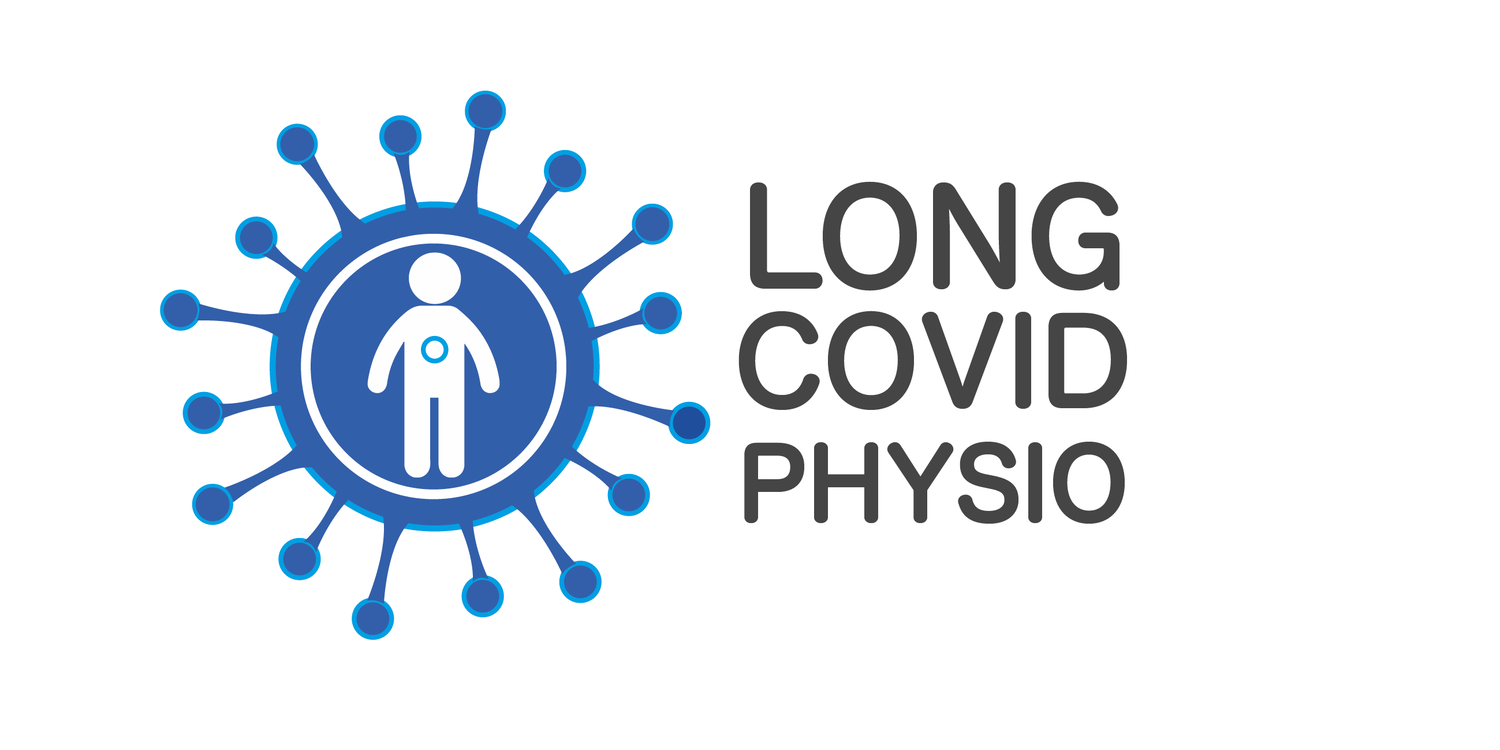Cognitive Dysfunction
This episode is from the Long COVID Video Series. Please visit the website to access audio and written versions and translations.
Cognitive dysfunction is the term used to describe problems with thinking, such as memory and concentration. It can feel like your thinking has become slower or fuzzy. You might lose words or attention, have difficulty multitasking, be forgetful, or experience sensory overload. It can feel similar to severe jet-lag or if you have been unexpectedly woken up at 2am, but with Long COVID this can be experienced most of the time or after minimal exertion, making everyday tasks like talking, reading, or writing difficult or at times impossible.
Cognitive dysfunction may sometimes also be called “Brain fog”, however the term brain fog may not adequately describe the difficulty people experience.
Cognitive dysfunction is a commonly reported cognitive symptom of Long COVID, including among people who had “mild” acute COVID-19. People with Long COVID have described that their thinking can be slowed or fuzzy, leading to difficulties with remembering things, concentrating, tolerating loud noises, wording finding difficulties, headaches, and controlling emotions. Brain fog may not always be identified by common neurological tests or assessments, but will often be reported by people with Long COVID and their families themselves. The causes of brain fog remain mostly unknown, but there may be different factors that contribute, such as fatigue, post-exertional symptom exacerbation, neurological or brain challenges, mood changes, shortness of breath, or pain. A review in the journal Neuron, explores what is understood about the pathobiology of post-acute COVID-19 impacts on the central nervous system and discuss possible neurobiological underpinnings of the cognitive symptoms affecting COVID-19 survivors, and proposed the chief mechanisms that may contribute to this emerging neurological health crisis. Changes to the brain (cortical grey matter) have also been observed on MRI.
Fatigue is the most common symptom of Long COVID, which can impact the way we think. Mental and cognitive tasks are themselves tiring and can result in further fatigue. Cognitive exertion (e.g. working or reading) should be considered when implementing energy conservation strategies, such as pacing. For example, it is useful to plan and include rest or breaks from cognitive exertion. The Royal College of Occupational Therapist’s provides useful information and advice regarding managing fatigue.
Brain fog is not only experienced by people with Long COVID. Other conditions and treatments can result in brain fog, such as multiple sclerosis, cancer, ME/CFS, or postural orthostatic tachycardia syndrome (POTS).
Brain fog can be caused by a combination of factors including cellular and physiological changes within the body due to viral load, reduced oxygen levels, breathlessness and autonomic changes. People with Long COVID can experience breathing pattern disorder, which could also contribute to brain fog.
Cognitive changes can sometimes also be a symptom of anxiety or depression, which can occur secondarily to the physical illness of Long COVID. Additionally, low mood and stress can have an impact on the symptom of brain fog, especially if our minds are pre-occupied with thoughts or worries. It is valuable to address any physical issues causing mood changes, as well as the change in mood itself, to enhance both quality of life and mental health. Provincial Health Services Authority Canada provide Long COVID symptom management facts sheets on “Mental Health” in English, Punjabi, Tagalog, and Traditional Chinese. The UK charity MIND provides useful resources to help you cope if you are feeling anxious, worried or isolated. See Samaritans if you are worried about your mental health. You can also call the Samaritans (UK) day or night if you need someone to talk to without judgement on 116 123. The World Health Organization provides a document titled “Mental health and psychosocial considerations during the COVID-19 outbreak”. The NHS website contains resources for supporting the mental health of NHS staff, and also has a dedicated helpline for NHS staff affected by COVID-19. To contact the NHS helpline, phone 0300 131 7000, or text FRONTLINE to 85258.
Following infection with COVID-19 (SARS-CoV-2), some people may develop neurological problems, that can also affect the brain and the way we think. It is estimated that 1 in 3 people diagnosed with COVID-19 have neurological and psychiatric symptoms, ranging from headaches to strokes. Hospitalised patients, particularly those who have been critically ill requiring intensive care, may have damage to the brain due to lack of oxygen in their brain tissues or inflammation.
Other health conditions an also cause brain fog, such as low vitamin B12, medication side effects, under active thyroid, and obstructive sleep apnoea. So if you have experienced any neurological symptoms, or have ongoing brain fog, it is important to seek help from a healthcare professional.
Provincial Health Services Authority Canada provide symptom management facts sheets on “Brain Fog and Cognitive Issues” in English, Punjabi, Tagalog, and Traditional Chinese. They also provide fact sheets on “Headaches” in English, Punjabi, Tagalog and Traditional Chinese.
The information on this page has kindly been provided by Occupational Therapists living with Long COVID.
Date Last Revised: 3rd March 2023
